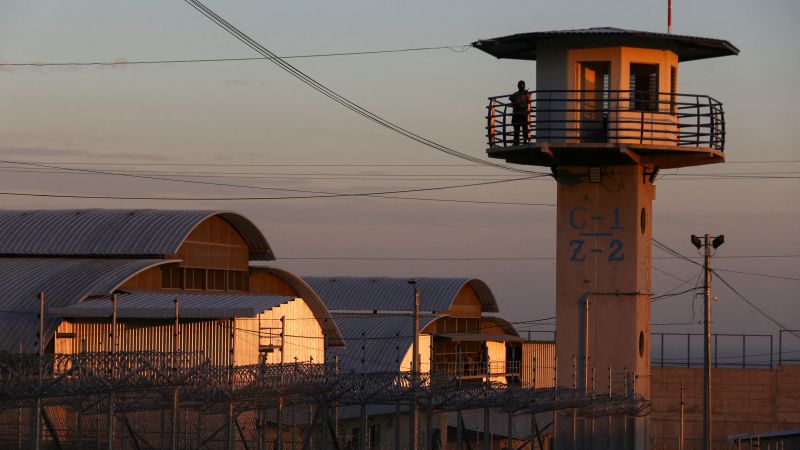Judicial Roadblock: Trump-Appointed Judges Halt Mass Deportations to El Salvador

Donald Trump's aggressive immigration enforcement strategy, which sought to leverage wartime authorities for mass deportations, has encountered significant legal pushback. Even judges appointed during Trump's own presidency have challenged the administration's hardline approach, creating substantial obstacles to implementing the controversial deportation plan.
The ambitious effort to expand deportation powers has been systematically blocked by federal courts, revealing the complex legal landscape surrounding immigration policy. Despite Trump's intent to use extraordinary executive powers, the judicial system has consistently acted as a critical check on the administration's most extreme immigration enforcement proposals.
These legal challenges underscore the delicate balance between presidential authority and constitutional protections, demonstrating that executive immigration policies must withstand rigorous judicial scrutiny. The resistance from courts, including those with Trump-appointed judges, highlights the robust nature of the American judicial system in protecting individual rights and maintaining legal boundaries.
